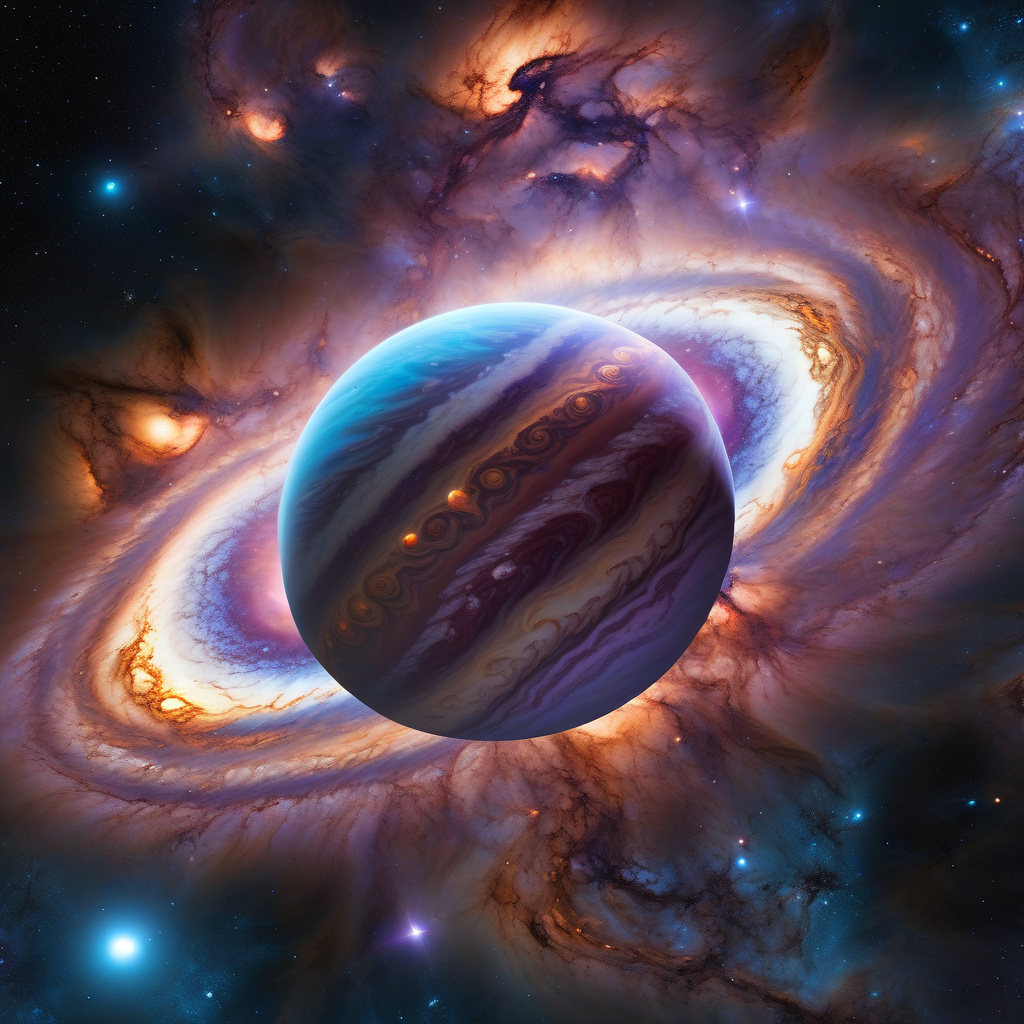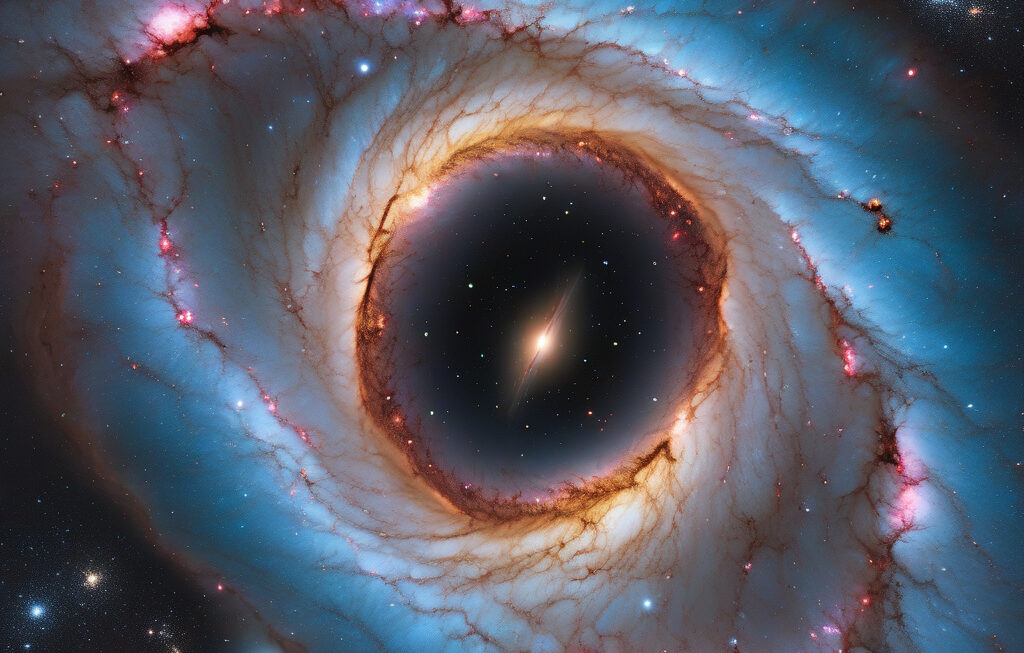Jupiter-sized Planets May Form in Just 1 Million Years, Shocking Scientists
New research suggests that exoplanets with masses similar to Jupiter may have formed much earlier than previously believed, challenging existing theories on planetary formation. Scientists have long thought that gas giants like Jupiter take millions of years to develop, but a recent study published in the journal Nature Astronomy has upended this notion.
The traditional model of planet formation posits that gas giants are born from the gradual accumulation of gas and dust particles in protoplanetary disks surrounding young stars. This process was estimated to take anywhere from 3 to 10 million years to give rise to a planet the size of Jupiter. However, observations of young star systems have revealed the presence of Jupiter-sized exoplanets in disks as young as 1 million years old.
These findings have left scientists scratching their heads, forcing a reevaluation of current theories. One possible explanation is that these young gas giants formed much faster than expected, challenging our understanding of the timeline and mechanisms involved in planet formation. This discovery opens up new avenues for research and exploration in the field of astronomy.
The implications of this research are profound, as they suggest that the formation of gas giants is a more rapid and efficient process than previously thought. Understanding how Jupiter-sized planets can emerge in just 1 million years has the potential to revolutionize our knowledge of planetary systems and their evolution over time.
Moreover, this discovery has significant implications for our understanding of our own solar system. Jupiter, the largest planet in our system, could have formed much faster than previously believed, raising questions about its role in shaping the early solar system dynamics. By studying the formation of Jupiter-sized planets in other star systems, scientists hope to gain insights into the origins of our own cosmic neighborhood.
In conclusion, the recent revelation that Jupiter-sized planets may form in just 1 million years has sent shockwaves through the scientific community. This groundbreaking research challenges long-held beliefs about the timescale of planet formation and opens up new possibilities for understanding the diversity and complexity of planetary systems. As scientists continue to unravel the mysteries of the universe, one thing is clear: the cosmos never ceases to amaze us with its capacity for surprises.
exoplanets, Jupiter, planetary formation, astronomy, scientific discovery












